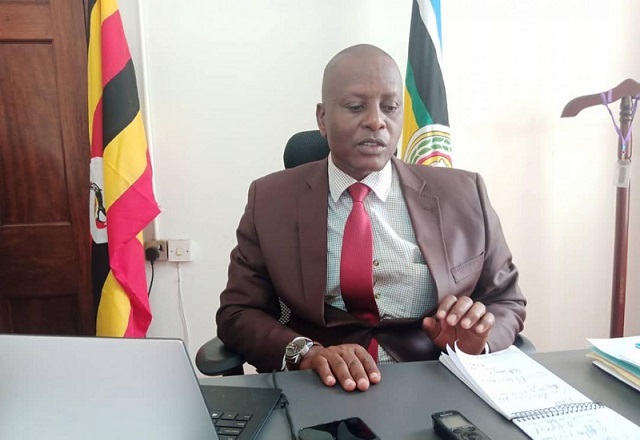
Kampala, Uganda | THE INDEPENDENT | The judiciary has pledged to fast-track cases and improve access to justice after an increase of its budget for the 2021/2022 financial year.
On June 10, 2021, the designate State Minister for Finance in charge of Planning, Amos Lugoloobi while reading the budget said the government had enhanced the budget of the Judiciary substantially from Shillings 199.1 billion in the last financial year to Shillings 376.9 billion in the new financial year.
According to the breakdown, Shillings 146.6 billion is meant for the recruitment expenditure and facilitation of Judicial staff, Shillings 9.4 billion has been provided to kick-start the construction of the Courts of Appeal in Gulu and Mbarara, High Court Circuits in Luwero and Soroti.
The same money will also kick start the construction of the Magistrate Courts in Budaka, Alebtong and Lyantonde, Grade One Magistrates Courts in Abim, Patongo, Karenga, and Kyazanga. Lugoloobi also revealed that Shillings 18.2 billion is meant to implement the Electronic Court Case Management Information System and the Prosecution Case Management system, where cases will be registered digitally.
However, the Judiciary Public Relations Officer Jamson Karemani, says that the budget is still insufficient compared to the Shillings 800 billion they had sought for. He however notes that they are grateful that the arm of government has received additional funding compared to their previous budgets.
He says that with the additional funding, they will able to recruit more judicial officers and conduct many special sessions aimed at reducing the case backlog. According to Karemani, they had some targets such as establishing Grade one magistrate’s courts at every constituency level/county, and a Chief Magistrate at every district but this was not possible in the past due to funding challenges.
Asked about the operationalization of the Administration of the Judiciary Act, 2020, which is meant to strengthen the independence of the Judiciary on all matters including the budget, Karemani stated that it is already in force.
He also revealed that the Judiciary submitted its budget to the President unlike in the past where they would receive funding under the Justice and Constitutional Affairs Ministry.
The budget of the Judiciary now goes to the President who looks at it and submits it to Parliament for approval.
However, even when it reaches there, Parliament still takes it back to the Finance Ministry to decide how much amount is available before the final allocation.
*****
URN
 The Independent Uganda: You get the Truth we Pay the Price
The Independent Uganda: You get the Truth we Pay the Price


